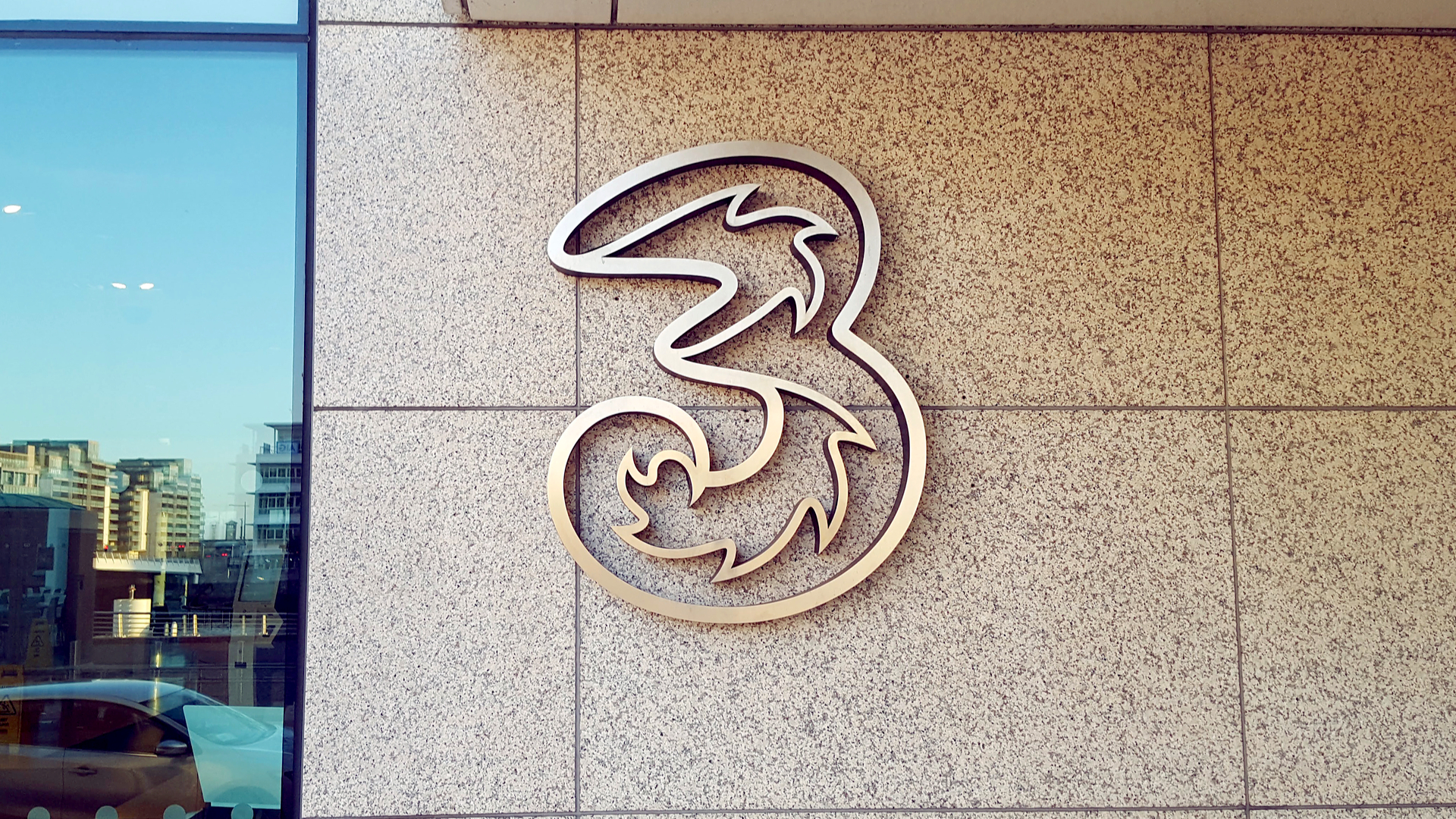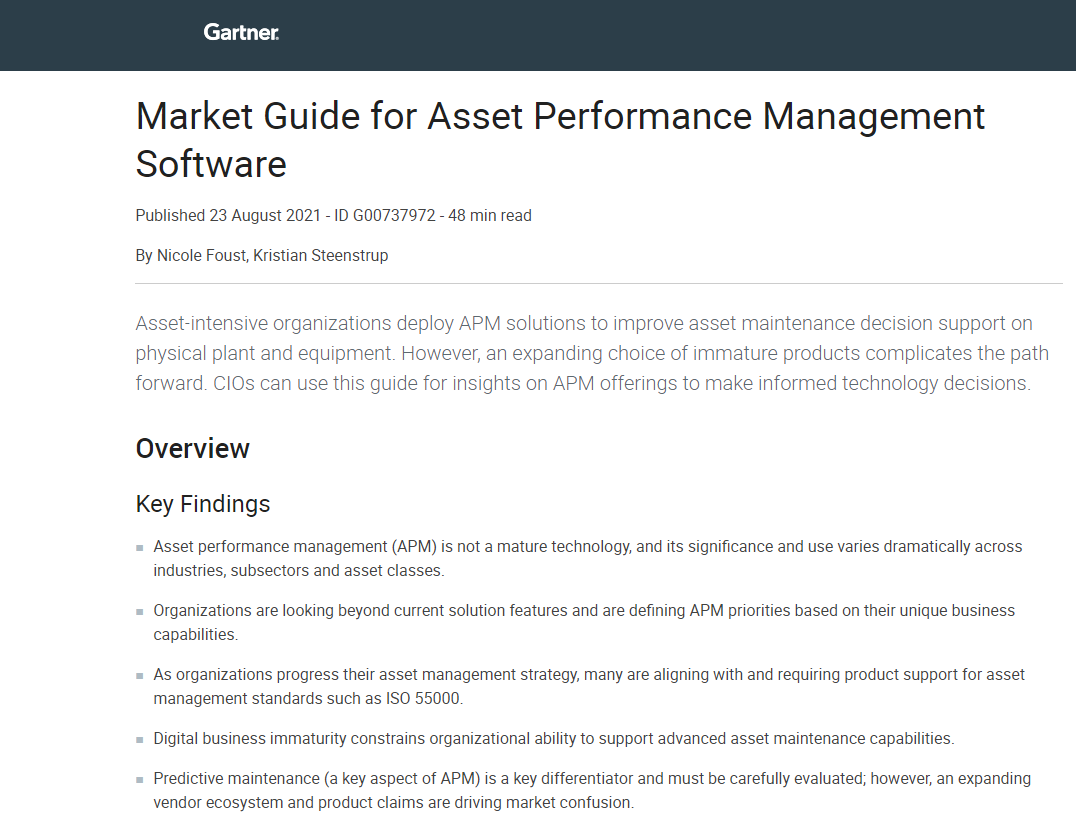Three wants to merge its way to 5G dominance
As mobile networks complain of crippling 5G costs, will fewer networks mean higher prices?

Can there be such a thing as too much competition? Having four major mobile networks might be one too many for the UK, if Three CEO Robert Finnegan is to be believed. In a recent financial results announcement, he characterised the UK market as “dysfunctional”. Why? Because the fierce competition between networks is making it harder to roll out 5G and improve Britain’s mobile infrastructure.
“As things stand, the UK does not have the quality of mobile infrastructure it deserves,” said Finnegan in a statement. “Investment is spread too thinly across too many players, meaning our networks are sub-par by international standards.”
Finnegan has a ready-made solution: consolidation. In his view, government regulators should allow two of the four major networks to merge. “Moving from four to three mobile players in the UK would mean better, smarter investment in the networks which would, in turn, improve the quality and scale of connectivity in Britain and would unleash more competition,” he said.
The small player problem
Steve Lowe is a product director at Gamma Telecom and has spent more than 20 years in the telecoms sector. While he finds Finnegan’s characterisation of the mobile market a tad over the top, he does agree the smaller operators are at a competitive disadvantage. “Dysfunctional is quite a strong word, isn't it?,” he says. “I think we're entering a period of uncertainty, there's a lot of change occurring. Continued investment is required in networks and the rollout of 5G is quite significant.”
He points to how Three has had an expensive few years. Only last year, the company paid the government £280 million for a further tranche for 5G spectrum and then spent another £784 million to build infrastructure so customers can actually use it. Indeed, 5G monetisation, too, is proving a headache for operators.
Although every network is having to splash out – as Three only has a 14% share of the UK mobile market – it’s at a structural disadvantage, given the cost of the upgrade is higher on a per-customer basis than for the larger operators. “If you've got to put that level of investment in, then you need your unit cost to be comparable with the competition,” says Lowe.
Finnegan’s argument is that if regulators let Three merge with another of the major networks, it’ll make it easier to invest. But what he doesn’t say is that there could be a downside too.
Get the ITPro daily newsletter
Sign up today and you will receive a free copy of our Future Focus 2025 report - the leading guidance on AI, cybersecurity and other IT challenges as per 700+ senior executives
Paying the price
“The burning question is: will customers benefit from better infrastructure or will they actually end up seeing higher prices, because there's fewer players on the market?” says Kester Mann, a mobile industry analyst at CCS Insight. He argues that, in recent years, British customers have had it pretty good.
“Europe is a very competitive market,” he said. “Prices are very low, compared with somewhere like the US and it's a tough environment for operators to get a return.”
The fierce competition is evident from our data packages. “If you look at the Ofcom data, the average contract customer for a while now has been bubbling along [paying] about £20 a month,” says James Gray, managing director of telecoms consultancy Graystone Strategy and a mobile industry veteran, having previously held positions at Three and Vodafone. “I can get significantly more data if I spend £20 now than I could two, three, four or five years ago, and that is as a result of competition.”
Consolidation, if allowed, would reshape the entire UK market, as it would impact not only the big networks, but also the mobile virtual network operators (MVNOs) such as Tesco Mobile and GiffGaff, which don’t own their own infrastructure, and instead lease capacity from the big players. “Longer term, in removing one of those network operators, you've also removed one of those hosts for the MVNOs and the MVNOs are normally challenger brands,” says Gray. “So, it significantly changes the market dynamics.”
What would happen if one of the major networks was suddenly removed from the equation, if the big four were to become the big three? “If there's less supply side and there's equal or growing demand side, that's pretty much a good recipe for taking you up the price scale,” says Gray.
Consolidate to accumulate
This isn’t the first time Three has advocated shrinking the market. “The European competition authority blocked a Three and O2 merger a few years ago, then they turned around in 2020, and said, actually, that was the wrong decision, we shouldn't have done it,” says Lowe.
By then, however, it was too late for Three. O2 has since been acquired by Virgin Media, which didn’t previously have a fully-fledged mobile operator to call its own. If a similar deal between Three and another network were tried again, Lowe thinks it might be more successful. “I think the competition mood music may have changed slightly, and I think Ofcom are gradually taking a softer approach as well,” he says. “I think they'll look at a potential merger in a different light.”
This means it could be looking good for Three, if it can find a partner. “My interpretation of the stall they set out is ‘we would like someone to buy us please’,” says Gray. “I don't think they're suggesting they want to go and buy somebody else.”
However, when it comes to potential suitors, the options are limited. EE is already fully owned by BT, and O2 is now part of Virgin Media, which would make any further acquisitions impossible. That leaves only one obvious partner: Vodafone.
Gray thinks Three and Vodafone could be a strong marriage. “Vodafone is quite strong in enterprise and older consumers like myself,” he says. “Three is much more of a challenger brand focused on younger and more value-conscious consumers. Three hasn't got a significant enterprise customer base, so you could see that might be quite a good match.”
In fact, there’s precedent for this exact combination, as, back in 2009, the two companies merged their operations in Australia.
Looking further afield
Another option could be to merge with a larger company in a different field, to potentially bring in more money to invest, without having to shrink the market to three major operators. “Those sorts of deals would be looked upon much more favourably by regulators,” says Mann.
RELATED RESOURCE

How to choose APM software for your business
A market guide to Asset Management Performance software
“For example, Virgin Media/O2 and similarly, BT buying EE six years ago. Of course, it was investigated by the competition authorities, but it never really came close to being in any doubt because it's a merger from two separate markets. Something like Sky and Three, or TalkTalk and Three would have a greater regulatory opportunity of getting through,” Mann adds.
Even so, if regulators allow it, Vodafone still seems like the most likely buyer, because it has a quality that Vodafone and Three veteran James Gray knows well. “Vodafone is an acquisitive organisation,” he says. “Vodafone started as a network in the UK started above a curry house in Newbury. It's now a massive global brand and it's done that by buying assets around the globe. Acquisition is in the Vodafone DNA and acquisition is how Vodafone has grown to the huge global brand it is now.”
-
 Should AI PCs be part of your next hardware refresh?
Should AI PCs be part of your next hardware refresh?AI PCs are fast becoming a business staple and a surefire way to future-proof your business
By Bobby Hellard
-
 Westcon-Comstor and Vectra AI launch brace of new channel initiatives
Westcon-Comstor and Vectra AI launch brace of new channel initiativesNews Westcon-Comstor and Vectra AI have announced the launch of two new channel growth initiatives focused on the managed security service provider (MSSP) space and AWS Marketplace.
By Daniel Todd